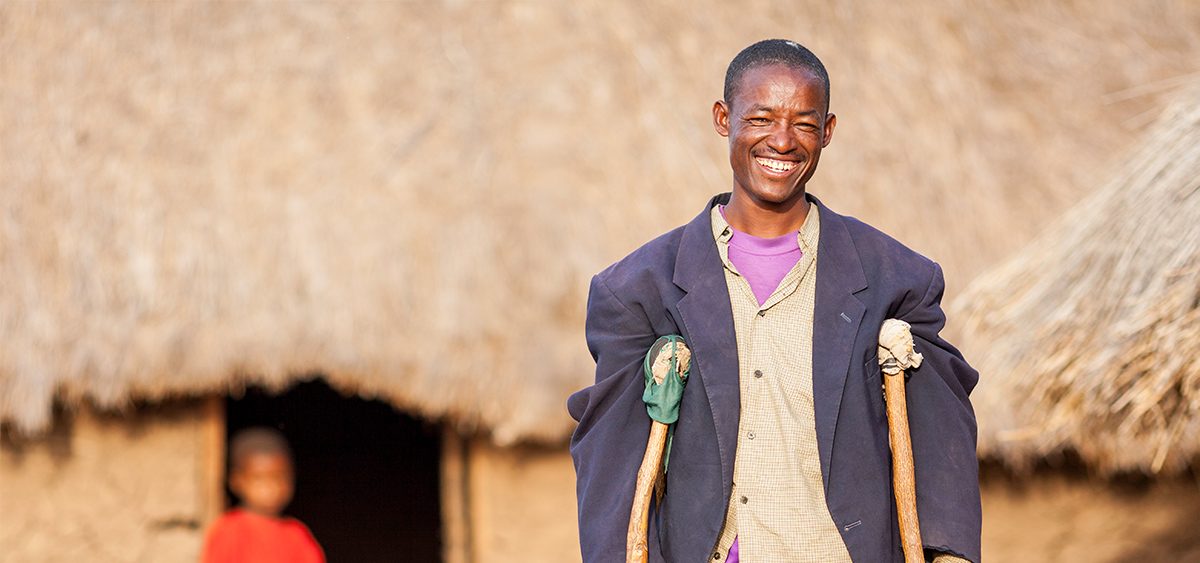KCH surgical staff has increased and the quality of surgical services improved
This article is part of an AOAF educational series featuring recently published studies and information on trauma and injuries, particularly relevant to Africa and Asia.
International institutional collaborations in orthopedic training at the Kamuzu Central Hospital (KCH) in Lilongwe, Malawi, have dramatically improved outcomes for trauma victims. Data from 2008 to 2014 showed that, as a result of local specialist training, the KCH surgical staff has increased and the quality of surgical services has improved. Experience from the ongoing international collaborations shows that long-term partnerships in the training of surgeons in low-income countries have great potential to reduce death rates and prevent disability.
Training surgical specialists from Africa by sending them to programs in high-income countries is problematic, as most trainees do not return home after training for various reasons. Local training is therefore needed to keep specialists in their home countries. From having only four foreign general surgeons for a population of 5.5 million people in 2007, KCH now also has two seconded orthopedic surgeons, eight Malawian registrars training in general surgery, one in urology, one in neurosurgery and two in orthopedic surgery. This has more than tripled the number of surgical staff, doubled the number of annual operations done and improved the quality of the surgical services. Improved quality of care was shown by fewer amputations after trauma: in 2008, 22% of all orthopedic operations were amputations but this was lowered to 4% in 2014.
Collaboration with Haukeland University Hospital in Bergen, Norway, started in 2007 and enabled KCH to start training its own surgical specialists from 2009. In 2010, the University of North Carolina joined forces with the other stakeholders to strengthen the program further. Over the years, the training program at KCH has, with help from its international partners, merged with the College of Medicine in Blantyre, Malawi, into a national training program for surgery. The young doctors training in their home country of Malawi are training as surgeons in the environment they are expected to work in as future consultants. They are therefore considerably better equipped to meet the challenges of orthopedic practice in Malawi than a surgeon trained in a high-income country.
Source: Young S, Banza L, Mkandawire N. The impact of long term institutional collaboration in surgical training on trauma care in Malawi. Springerplus 2016;5:407.
